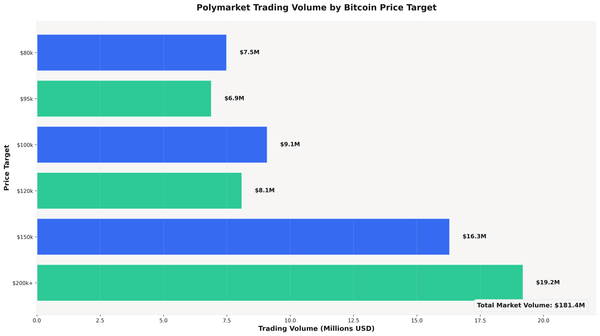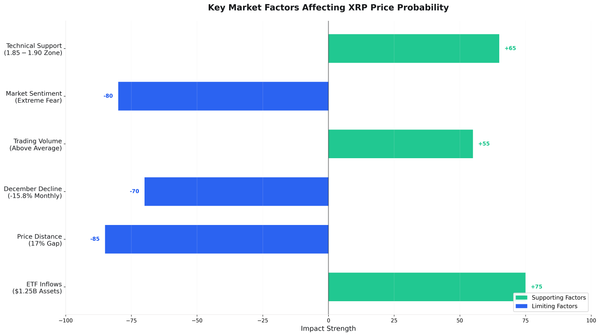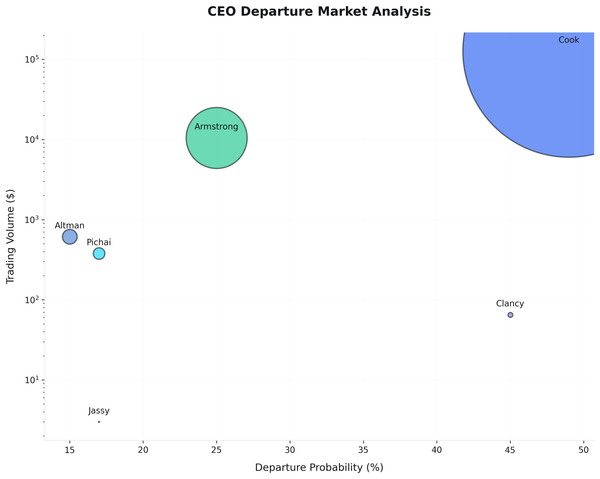Coca-Cola Defends AI Holiday Ad Against Creative Industry Backlash

Coca-Cola released its 2025 holiday advertisement in November, featuring AI-generated animals and Santa Claus. According to The Hollywood Reporter, Jason Zada's company Secret Level produced the spot using generative AI tools. The same studio created last year's controversial AI holiday ad. The new commercial features anthropomorphic animals gathering around Coca-Cola trucks in festive settings. Euronews reported that a team of five specialists generated over 70,000 video clips in 30 days.
The ad drew immediate criticism from entertainment industry professionals. Gravity Falls creator Alex Hirsch, who criticized last year's ad, posted on social media about job displacement concerns. Illustrator Karla Ortiz called for a boycott. Hollywood concept artist Reid Southen described the advertisement as lacking artistic merit. Pratik Thakar, Coca-Cola's head of generative AI, told The Hollywood Reporter that the company views this as forward-looking experimentation. His statement that "the genie is out of the bottle" particularly angered creative professionals.
Why This Matters
The backlash represents growing tension between traditional creative professionals and AI adoption in advertising. Zada defended the production process in his interview, stating that 20 people worked on the project. He claimed the work involved hand-drawn character designs and extensive world-building. The studio completed the advertisement in less than one month. Traditional animation would require several months for similar output. Creative professionals argue this efficiency comes at the cost of human employment. The controversy extends beyond aesthetic concerns to fundamental questions about labor displacement.
Industry data from IAB research shows that over 70% of marketers encountered AI-related incidents in 2025. These incidents included bias, off-brand content, and technical errors. Yet fewer than 35% of companies plan to increase AI governance investment. The gap between adoption speed and safety measures concerns many professionals. Consumer reception appears mixed, with some praising efficiency while others find the ads soulless.
Industry Implications
Coca-Cola's repeated use of AI for its holiday campaign represents a major shift in advertising production. The company's willingness to face backlash twice suggests confidence in this approach. IAB research found that 98% of marketing leaders now use AI for customer engagement. Only 30% of brands have fully integrated AI across their campaign lifecycle. Half the industry expects full integration by 2026.
Zada compared AI adoption to the shift from physical model building to computer graphics in film. He argued that new technology creates more jobs than it eliminates. Critics counter that generative AI differs fundamentally from previous tools. Traditional digital tools required large teams to operate. Generative AI explicitly reduces team size and production time. The efficiency gains represent the core value proposition for brands. Coca-Cola executives defended their decision by calling it a "global milestone" in generative AI filmmaking.
The controversy raises questions about brand authenticity during holidays. Christmas advertising traditionally emphasizes human connection and warmth. AI-generated content struggles to convey these emotional qualities, according to critics. Some marketing researchers suggest the timing clashes with holiday values. The long-term impact on Coca-Cola's brand perception remains unclear. Other major brands are watching this experiment closely. Industry adoption will likely accelerate regardless of consumer sentiment.
Further Reading
For deeper insights into how major brands are adopting AI across different markets, our Alternative Financial Systems Index tracks technology adoption patterns and regulatory frameworks across 50 countries. The index examines how emerging technologies reshape traditional business models.




